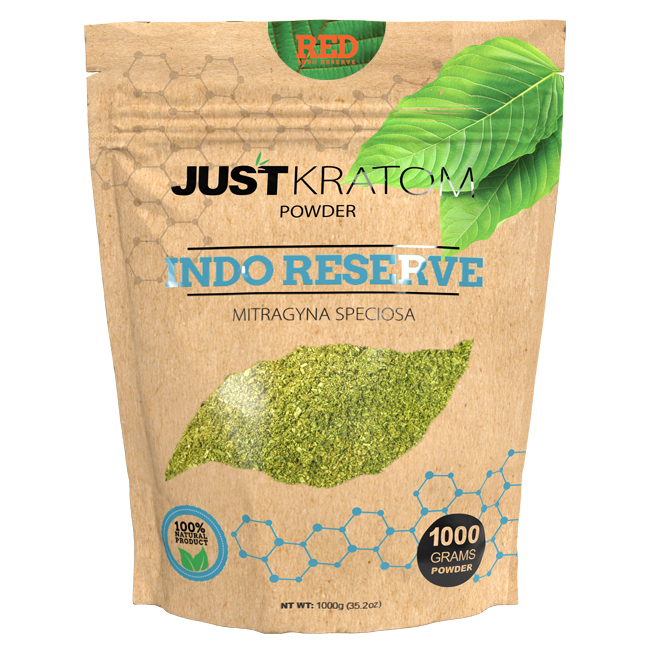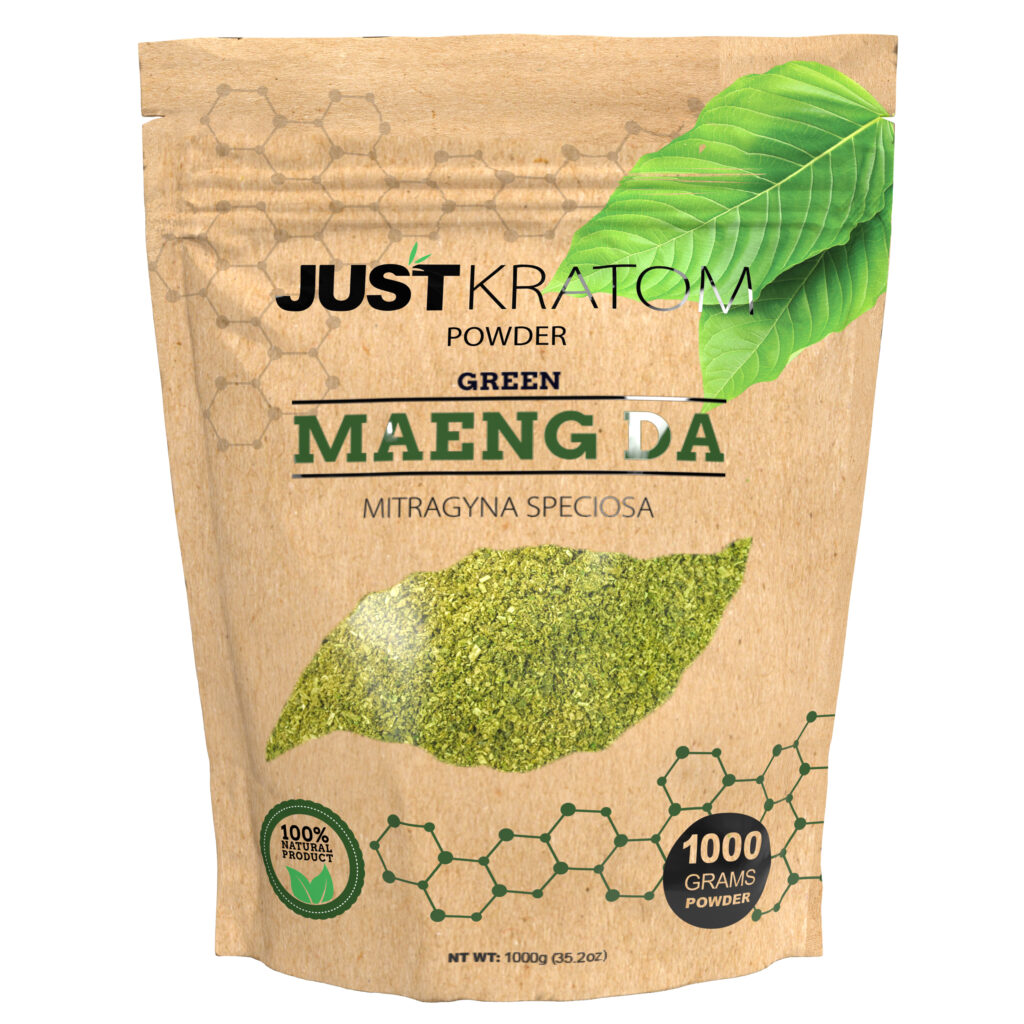Mechanisms of Action
Understanding how substances exert their effects on the body is crucial to comprehending their potential benefits and risks. This exploration delves into the mechanisms by which kratom powder, a traditional herbal remedy, may contribute to enhanced mental clarity.
Stimulant Effects
Kratom’s effects on mental clarity are thought to stem from its interaction with opioid receptors in the brain. Kratom contains alkaloids, primarily mitragynine and 7-hydroxymitragynine, which bind to these receptors. This binding can modulate neurotransmitter activity, influencing cognitive function, mood, and pain perception.
While kratom’s precise mechanisms are still under investigation, research suggests that its stimulation of opioid receptors may lead to increased dopamine release. Dopamine is a neurotransmitter associated with pleasure, motivation, and focus, contributing to the perceived mental clarity experienced by some users.
Analgesic Properties
Kratom’s potential analgesic properties are also linked to its interaction with opioid receptors. Binding to these receptors can activate pain-relieving pathways in the central nervous system, effectively reducing pain perception.
The specific alkaloids responsible for kratom’s analgesic effects, such as mitragynine and 7-hydroxymitragynine, mimic the actions of endorphins, the body’s natural pain relievers.
Mood Enhancement
Kratom’s impact on mood is believed to be mediated through its effects on neurotransmitters like dopamine and serotonin. By binding to opioid receptors, kratom can influence the release and activity of these neurochemicals, which play crucial roles in regulating mood, feelings of well-being, and emotional responses.
Dopamine, as mentioned before, is associated with pleasure and reward, and increased dopamine levels can contribute to feelings of euphoria and happiness. Serotonin, on the other hand, is involved in regulating mood, sleep, and appetite.
While kratom’s potential mood-enhancing effects are reported by some users, it’s important to note that individual responses can vary widely.
Potential Benefits for Mental Clarity
Seeking enhanced mental clarity is a common pursuit, and various substances are explored for their potential benefits. Kratom powder, a traditional herbal remedy gaining popularity, has been associated with improvements in cognitive function. Understanding the mechanisms behind these effects is crucial for making informed decisions about its use.
Cognitive Function
Kratom’s potential benefits for mental clarity are thought to be linked to its interaction with opioid receptors in the brain. These receptors play a role in regulating various functions, including pain perception, mood, and cognitive processes.
By binding to these receptors, kratom alkaloids may influence neurotransmitter activity, leading to increased dopamine release. Dopamine is associated with focus, motivation, and pleasure, contributing to the potential for enhanced mental clarity.
Furthermore, kratom’s analgesic properties, also attributed to its opioid receptor interaction, can reduce distractions caused by pain, allowing for greater mental focus.
Focus and Concentration

Kratom’s potential benefits for mental clarity stem from its interaction with opioid receptors in the brain. These receptors play a role in regulating various functions, including cognitive processes and pain perception.
By binding to these receptors, kratom alkaloids may influence neurotransmitter activity, potentially leading to increased dopamine release. Dopamine is associated with focus, motivation, and pleasure, contributing to the potential for enhanced mental clarity.
Additionally, kratom’s analgesic properties, also linked to opioid receptor interaction, can reduce distractions caused by pain, allowing for greater mental focus.
Stress Reduction
Kratom’s potential benefits for mental clarity are thought to be linked to its interaction with opioid receptors in the brain. These receptors play a role in regulating various functions, including cognitive processes and pain perception.
By binding to these receptors, kratom alkaloids may influence neurotransmitter activity, potentially leading to increased dopamine release. Dopamine is associated with focus, motivation, and pleasure, contributing to the potential for enhanced mental clarity.
Additionally, kratom’s analgesic properties, also linked to opioid receptor interaction, can reduce distractions caused by pain, allowing for greater mental focus. This reduction in pain can improve concentration and overall cognitive performance.
Factors Influencing Effects
Understanding how substances exert their effects on the body is crucial for comprehending their potential benefits and risks. This exploration delves into the mechanisms by which kratom powder, a traditional herbal remedy, may contribute to enhanced mental clarity.
Dosage
Kratom’s effects on mental clarity are thought to stem from its interaction with opioid receptors in the brain. Kratom contains alkaloids, primarily mitragynine and 7-hydroxymitragynine, which bind to these receptors. This binding can modulate neurotransmitter activity, influencing cognitive function, mood, and pain perception.
While kratom’s precise mechanisms are still under investigation, research suggests that its stimulation of opioid receptors may lead to increased dopamine release. Dopamine is a neurotransmitter associated with pleasure, motivation, and focus, contributing to the perceived mental clarity experienced by some users.
- Dopamine’s role in reward pathways contributes to feelings of euphoria and motivation, potentially enhancing cognitive performance.
- Kratom may also indirectly improve mental clarity by reducing pain perception through its analgesic effects, minimizing distractions caused by discomfort.
Strain Type
Numerous factors can influence the effects of kratom, including the strain type. Kratom strains exhibit variations in alkaloid profiles, leading to diverse experiences.
Generally, strains with higher mitragynine content are associated with stimulating effects, potentially promoting mental alertness and focus. Conversely, strains richer in 7-hydroxymitragynine tend to induce more relaxing and pain-relieving properties.
Individual responses to kratom can also vary significantly based on factors such as body weight, metabolism, tolerance level, and the method of consumption.
Individual Variability
The effects of kratom can vary greatly from person to person due to several factors. Individual differences in physiology, genetics, and prior substance use history can influence how a person responds to kratom.
Factors such as body weight, metabolism, and tolerance levels also play a role. For example, someone with a higher body mass may require a larger dose to experience the same effects as someone with a lower body mass. Similarly, individuals who are accustomed to opioid-like substances may have a higher tolerance and need more kratom to achieve the desired effect.
The strain of kratom consumed can also significantly impact the experience. Different strains contain varying concentrations of alkaloids, which produce diverse effects. Some strains are known for stimulating effects, while others induce relaxation or pain relief.
Safety Considerations
Before using kratom, it’s crucial to understand potential risks and safety considerations. Kratom’s effects can vary greatly depending on factors like dosage, strain, and individual physiology.
Side Effects
While kratom shows promise for enhancing mental clarity, it is essential to be aware of potential side effects and exercise caution. Some individuals may experience adverse reactions such as nausea, dizziness, constipation, or insomnia.
High doses or prolonged use can lead to more serious consequences, including respiratory depression, dependence, and withdrawal symptoms.

It’s crucial to consult with a healthcare professional before using kratom, especially if you have pre-existing medical conditions or are taking other medications.
Kratom can interact with certain medications, including those affecting the central nervous system or liver function.
Drug Interactions
Before using kratom, it is crucial to be aware of potential side effects and exercise caution. Some individuals may experience adverse reactions such as nausea, dizziness, constipation, or insomnia.
High doses or prolonged use can lead to more serious consequences, including respiratory depression, dependence, and withdrawal symptoms.
It’s important to consult with a healthcare professional before using kratom, especially if you have pre-existing medical conditions or are taking other medications. Kratom can interact with certain medications, including those affecting the central nervous system or liver function.
Individuals with a history of substance abuse disorders may be at increased risk for dependence and addiction when using kratom.
Legal Status
Safety Considerations
While kratom is often touted for its potential benefits, it’s crucial to approach it with caution. Kratom can have adverse effects, especially when misused.
Potential side effects include nausea, dizziness, constipation, and insomnia. In some cases, high doses or prolonged use can lead to more serious issues like respiratory depression, dependence, and withdrawal symptoms. It’s important to start with low doses and gradually increase them as needed while monitoring for any adverse reactions.
Legal Status
The legal status of kratom varies widely around the world. In some countries, it is legal and widely available, while in others it is restricted or banned outright.
It’s essential to research the laws in your specific location before using kratom to avoid any legal repercussions.
Best quality Kratom Powder in stock
- Xela Rederm Skin Booster Treatments Near Send, Surrey - January 6, 2026
- Xela Rederm Skin Booster Treatments Near Croydon, Surrey - January 4, 2026
- Why Vista Edge Vape Is A Premium Choice For Experienced Vapers - January 2, 2026
